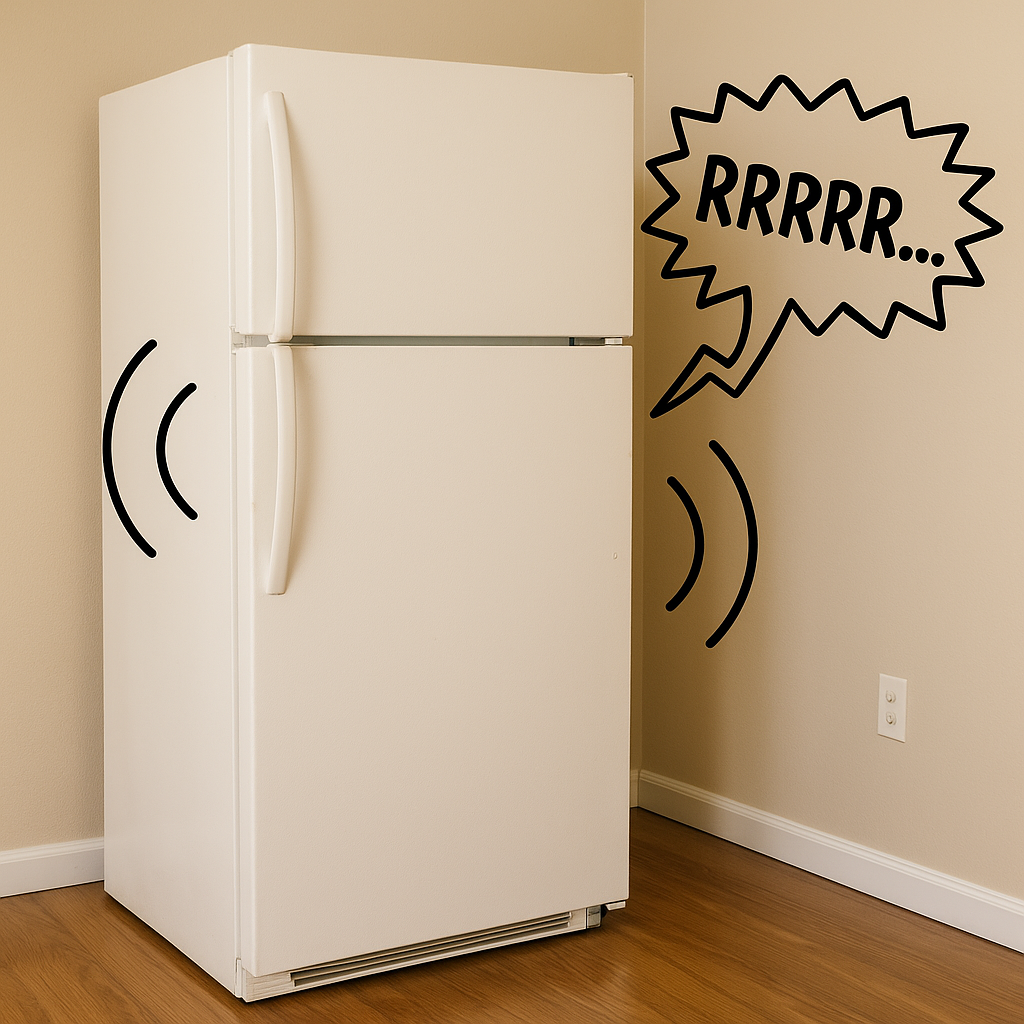
Fix or Replace? What That Broken Appliance Part Is Telling You
Share
When an appliance breaks down, the first question most homeowners ask is: "Should I fix it or replace it?" The answer isn’t always obvious — but your appliance is trying to tell you something.
With years of experience helping customers across Honolulu, we’ve seen how a single faulty part can either be a quick fix or a sign of deeper trouble. Here's how to tell the difference and make the smartest decision for your wallet — and your home.
1. The Appliance Still Works — Just Not Perfectly
What It’s Telling You:
A single part is likely failing, not the entire unit.
If your washer still runs but makes a strange noise, or your fridge cools but not evenly, chances are high that a small component is to blame — such as a belt, fan, or valve. These are common wear items that can be replaced easily and affordably.
✅ Verdict: Fix it with a new part.
2. It’s a One-Time Problem, Not a Pattern
What It’s Telling You:
Isolated breakdowns are often repairable.
If your dryer’s thermal fuse blew after a big load or your oven’s igniter failed once after years of use, it’s probably not a sign of total failure — just a worn-out part.
✅ Verdict: Fix it and keep the appliance running strong.
3. The Part Is Cheap, But Labor Is Not
What It’s Telling You:
The math matters.
Some parts, like control boards or sealed systems, may be costly to access and replace — especially if your appliance is older or out of warranty. Even if the part isn’t expensive, the labor time and risk of other issues can make replacement a better investment.
🟡 Verdict: Consider replacing the appliance — especially if multiple systems are aging.
4. It’s the Second or Third Failure in a Short Time
What It’s Telling You:
There’s a bigger problem underneath.
If you've recently replaced a pump, belt, or switch and another part fails right after, your appliance may be nearing the end of its lifespan. Multiple issues suggest wear on the core systems.
❌ Verdict: Replace the appliance, or be prepared for recurring repair bills.
5. It’s More Than 10 Years Old
What It’s Telling You:
It might not be worth saving.
Appliances have an average lifespan:
-
Refrigerators: 10–15 years
-
Washers/Dryers: 10–12 years
-
Dishwashers: 8–10 years
-
Ovens/Ranges: 12–15 years
If your appliance is nearing or beyond its expected life and something breaks, the repair may only be a temporary fix.
❌ Verdict: Time to replace with a newer, more efficient model.
Still Not Sure? We Can Help.
At PRS Parts Inc., we help customers every day determine whether a fix is worth it. Our team of appliance experts can:
-
Help you diagnose the problem
-
Match the correct replacement part
-
Recommend trusted repair professionals from Pacific Repair Services
-
Guide you toward cost-effective decisions
Visit PRS Parts Inc. at 540 Lagoon Dr.
We carry genuine replacement parts for washers, dryers, refrigerators, ovens, dishwashers, and more — for major brands like GE, Whirlpool, LG, Samsung, Frigidaire, and Electrolux. Whether you’re a DIYer or a service tech, we’ll help you make the right call.
Your appliance is trying to tell you something. Come talk to us — we speak its language.
